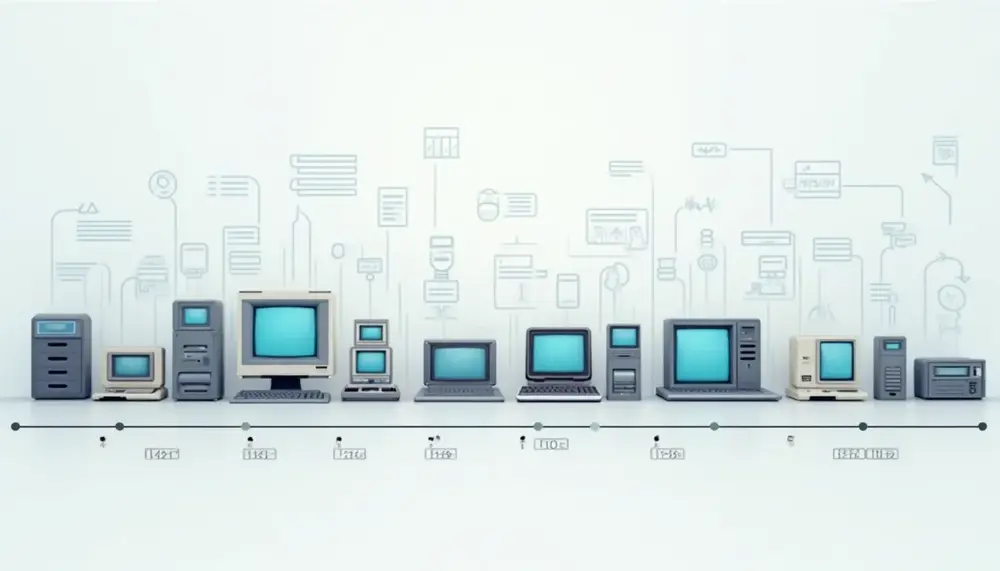Data-Driven Decision Making
Data-Driven Decision Making
Data-Driven Decision Making
Data-Driven Decision Making (DDDM) refers to the process of making decisions based on actual data rather than intuition or observation alone. In the context of Knowledge Management, DDDM plays a crucial role in ensuring that decisions are informed, accurate, and aligned with organizational goals.
Importance in Knowledge Management
Data-Driven Decision Making is vital in Knowledge Management because it helps organizations leverage their data to gain insights and improve processes. By using data, companies can identify trends, predict outcomes, and make informed choices that enhance efficiency and productivity.
How It Works
To implement Data-Driven Decision Making, organizations collect and analyze data from various sources. This data is then processed and transformed into actionable insights. For example, a company might use sales data to determine which products are most popular and adjust their inventory accordingly.
Benefits of Data-Driven Decision Making
There are several benefits to using Data-Driven Decision Making in Knowledge Management:
- Accuracy: Decisions based on data are more accurate and reliable.
- Efficiency: Data helps streamline processes and reduce waste.
- Predictability: Data can be used to forecast future trends and outcomes.
- Transparency: Data-driven decisions are easier to justify and explain.
Challenges
While Data-Driven Decision Making offers many advantages, it also comes with challenges. These include data quality issues, the need for proper data analysis tools, and ensuring that staff have the skills to interpret data correctly.
Conclusion
In summary, Data-Driven Decision Making is a powerful approach within Knowledge Management. It enables organizations to make informed decisions that are backed by data, leading to better outcomes and improved efficiency.
Blog Posts with the term: Data-Driven Decision Making

The article discusses the importance of effective knowledge management in today's business environment, highlighting its role in streamlining operations, fostering innovation, and enhancing decision-making. It provides real-world examples from companies like Google and Siemens to illustrate successful practices and their...

Zara revolutionizes fast fashion through a unique blend of creativity, data-driven decision-making, and ICT integration, enabling trend anticipation and rapid product cycles. Its knowledge management system ensures seamless collaboration and efficiency but demands significant resources while balancing speed with employee...

Knowledge sharing is vital for organizations, driven by culture and structure that either facilitate or hinder information flow. By fostering open communication, collaboration, and well-defined structures, companies can enhance knowledge exchange leading to innovation and efficiency....

Management Information Systems (MIS) integrate data, technology, people, and processes to enhance decision-making and organizational efficiency, evolving from manual systems to advanced cloud solutions. Their development reflects technological advancements that have transformed business strategies while presenting challenges like implementation costs...

The National Accreditation Board for Hospitals and Healthcare Providers (NABH) drives excellence in healthcare by setting patient-centric, safe, and efficient care standards. Its focus on Information Management Systems ensures data accuracy, security, interoperability, and continuous improvement to enhance operational efficiency...

Knowledge sharing and collaborative innovation are essential for organizational success, fostering creativity, better decision-making, and efficiency through open communication. By implementing supportive tools and cultivating a knowledge-sharing culture, companies can enhance collaboration, accelerate development, and drive long-term growth....

Management Information Systems (MIS) are crucial for modern businesses, aiding in data management and decision-making to enhance efficiency and competitiveness. GMU's MIS program equips students with practical skills through a curriculum that includes data management, system analysis, programming, and project...

Knowledge-Centered Service (KCS) enhances organizational knowledge management by integrating real-time knowledge capture into daily processes, fostering collaboration and continuous improvement. This methodology transforms captured insights into reusable assets, improving efficiency and decision-making while preserving expertise within the organization....

The Master of Science in Information Systems Management (MS-ISM) equips students with essential skills for leadership roles by blending technical expertise and managerial knowledge, while offering flexible learning options and practical experience. Its comprehensive curriculum prepares graduates to excel in...

A targeted effectiveness questionnaire is essential for measuring and improving knowledge management by providing structured, actionable insights across five core dimensions. It enables organizations to benchmark progress, identify gaps, and support data-driven decisions while requiring careful design and engagement for...

Britannica's Knowledge Management System enhances organizational efficiency through improved collaboration, knowledge accessibility, and a centralized repository while offering customizable features and robust security. However, it requires initial investment and may face resistance to change from employees....

Knowledge sharing is crucial for organizational success, fostering collaboration and innovation while enhancing employee engagement and retention. By overcoming barriers to effective knowledge exchange, companies can improve efficiency, creativity, and overall performance....

Knowledge Exchange Units (KEUs) bridge academic research and real-world applications by fostering collaboration, promoting commercialization, and enhancing knowledge sharing among stakeholders. They play a crucial role in driving innovation and economic growth through effective partnerships and strategic initiatives....